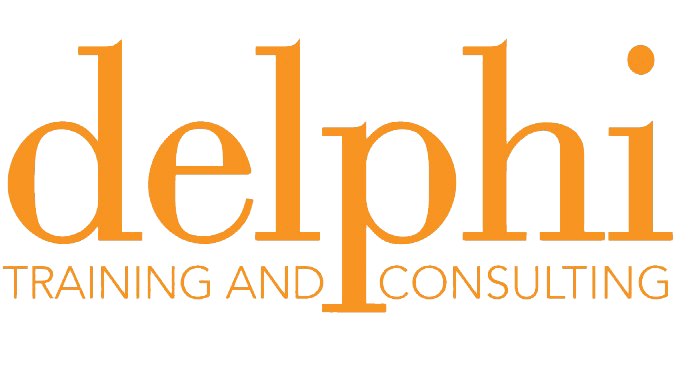
Join our NETWORK
Get all latest news, event updates and access to resources & information.
Australian Association of Social Workers
Continuing Professional Development (CPD) is the process through which qualified AASW members maintain, improve and broaden their skills, knowledge and expertise, and develop the qualities required for professional practice. CPD is an ongoing process throughout a career informed by the changing practice environment, professional domains, new information and community need.
AASW Members are responsible for their own professional development in accordance with the AASW CPD Policy. Requirements may be met through participation in CPD activities provided by the AASW and/or external providers. To record a professional development activity towards a CPD goal, members are required to ensure the activity is relevant to them and is consistent with the categories defined in the CPD Policy. For details of CPD goals and further information about CPD please refer to the CPD Policy and the FAQs.
Your record of professional development activities should be kept in your ‘My CPD Record’ in your Member Centre on the AASW website (member log-in required).
Australian Counselling Association
ACA members are required to undertake a minimum of 25-hours of relevant Ongoing Professional Development (OPD) each year. OPD is the process through which members improve and broaden their skills, knowledge and expertise, and develop the qualities required for professional practice.
Members can attain their OPD through a diverse range of options including ACA Endorsed OPD Activities (listed here); or through non-endorsed activities that are relevant to professional practice. OPD for non-endorsed activities is assessed upon submission.
Examples of OPD include eLearning (online courses), conferences, courses, seminars and workshops. Supervision is not counted toward ongoing professional development.
Recording of OPD is done online on your Member Portal. Upon renewal of your annual membership an electronic audit is conducted to ensure you have attained your annual OPD requirement.
Psychological Board of Australia
The Board’s CPD model requires psychologists to:
The ultimate responsibility for maintaining and demonstrating professional competence to practise lies with the practitioner, guided by the Board’s registration standards, code of ethics and guidelines. There is no best way to maintain, improve and broaden knowledge, expertise and competence. The range of professional development activities selected will vary according to individual career stage, area of practice, learning style, identified needs, and timing and availability.
Psychotherapy and Counselling Federation of Australia
CPD activities must be directly relevant to clinical practice in counselling and psychotherapy and/or the research evidence base for counselling and psychotherapy.
Annual CPD requirement – minimum 20 hours
There are 2 categories from which the 20 hours may be accrued:
Category A (mandatory): Minimum annual requirement – 10 hours
Category B (optional): Maximum annual allowance – 10 hours
The annual requirement of 20 CPD hours may all be accrued from Category A, as Categories B is optional.
CATEGORY A: minimum requirement of 10 hours per year.
Category A CPD requires you to be an active participant, in things such as:
– Attendance at in-person courses, workshops, seminars and conferences;
– Participation in online facilitated learning.
For online facilitated learning, the presence and contribution of an online facilitator is required, providing interaction between the facilitator and the participants, either during the event, or after via forums or email. This involves interactive learning where participants carry out a number of learning activities, rather than passively listening to a lecture or presentation. Examples of online facilitated learning can be Zoom webinars, conferences, workshops, or Q&A sessions, that include facilitated discussions or forums, and may also include assessment components.
CATEGORY B: A maximum allowance of 10 hours per year.
Category B CPD is classed more as ‘passive learning’, examples including watching a recorded webinar, and reading journal articles or books related to your practice. It can also include any supervision hours done in excess of the annual requirements, any teaching or formal presentations, and peer learning groups, who meet to discuss and explore counselling and psychotherapy topics or resources, without a formal facilitator.
A reflective journal should be used to record any notes on journal articles, books, or recorded webinars, to reflect on the learning activity undertaken and how it relates to and enhances professional practice.
Delphi Training and Consulting acknowledges Aboriginal and Torres Strait Islander Peoples as the Traditional Owners and Custodians of the lands and waters which we share. We pay our respects to Elders past, present and future. We acknowledge and recognise it is the oldest living culture in the world and that sovereignty has never been ceded. It always was and always will be Aboriginal land.


Delphi is an inclusive and safe organisation. We respect, celebrate and support diversity, the inclusion of children, young people and adults from LGBTQIA+ communities, people with disabilities, people from CALD backgrounds and people with diverse religious beliefs or affiliations.


Get all latest news, event updates and access to resources & information.